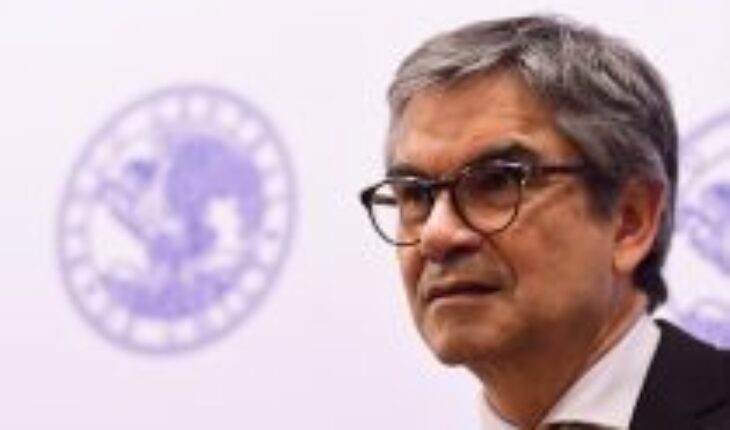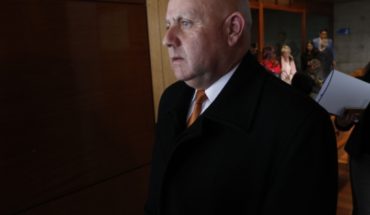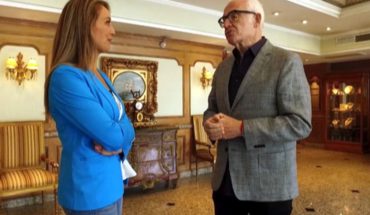Boric will arrive in La Moneda with the challenge of generating trust, considering that they will receive a poorer, more indebted country and a more demanding citizenship. From his team they have confirmed that one of their main focuses will be to placate the concern in the economic world about the effects of their reform agenda and apparently the signals they have issued so far have been the right ones.
A little more than two months after the arrival of the new government, according to Mario Marcel, “beyond what may happen in the future, it seems clear that the messages of the President-elect have been well received.”
In an interview with El Mercurio, the president of the Central Bank pointed out that “everything has its time, but if you simply observe the reactions of the markets, you see that in recent days there has been a positive reaction of asset prices.”
The economist explained that “long-term interest rates on 10-year bonds fell 33 basis points between December 21 and 28, one of the most important falls in this period in the international comparison. The stock market is up 3.3 percent – it is also in the high range of the movements of the world’s stock markets – and the peso has appreciated around 2 percent.”
“So beyond what may happen in the future, it seems clear that the President-elect’s messages have been well received. With the upcoming decisions on the composition of the cabinet and the implementation of the government, there will be new opportunities to continue advancing in this matter, “said the academic and former director of Budgets of the government of Ricardo Lagos.
Marcel considered that “this is important because the economy still has high levels of uncertainty, which maintains high financial costs and weakens our currency, which in turn, makes credit more expensive for people and companies and pressures inflation.” And he warned that the election of the new finance minister in the government of Gabriel Boric, an issue that has taken on importance in the country, will not be something that “affects” Boric’s decisions.
“I observe a lot of anxiety and speculation about the name of the future minister of finance, something that has also happened in other presidential transitions Frankly, I doubt that this will affect anything about the decisions made by the President-elect,” said the head of the Issuing Institute.
He added that as a Central Bank they can only wait for the new head of the fiscal wallet “to assume, exercise his position and from there we can find the best ways to work.”
“We have the obligation and the need to develop a fluid relationship with the Finance Minister because he not only has responsibilities and functions in relation to the BC, but also chairs the Financial Stability Committee and is responsible for preparing legislation on economic issues,” Marcel told the morning.
“Any action on the labor market must take into account its current reality, where there is an unusual predominance of supply factors, which still keep hundreds of thousands of workers out of employment or the active search for it,” he closed, adding what in his opinion will be the climate in 2022.
He affirmed that they see the present “as a year in which there is an opportunity to greatly reduce the uncertainty that has existed until now, both for the natural progress of the processes and for the content of them. Not only because from March the government and the legislature that have been elected will be in office, but also because the Constituent Convention will be fulfilling its itinerary and the proposal for a new Constitution will be gaining strength.”
It is worth mentioning that an analysis by Goldman Sachs pointed out that Boric will face high expectations. “The next president and the new Congress will face a backdrop with significant polarization and growing demands for a broader social safety net and faster socioeconomic progress. Meeting those demands and high expectations in a fiscally responsible manner, preserving the right incentives for investment and generating reasonable growth, will be the main challenges facing policymakers in the medium term.”
Marcel and the market signals awaiting appointment in the Treasury: “In recent days there has been a positive reaction from asset prices”
January 2, 2022 |





